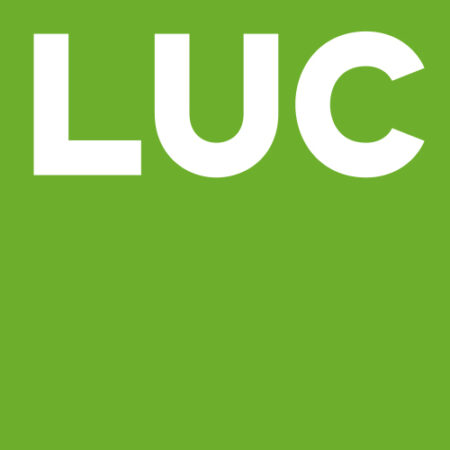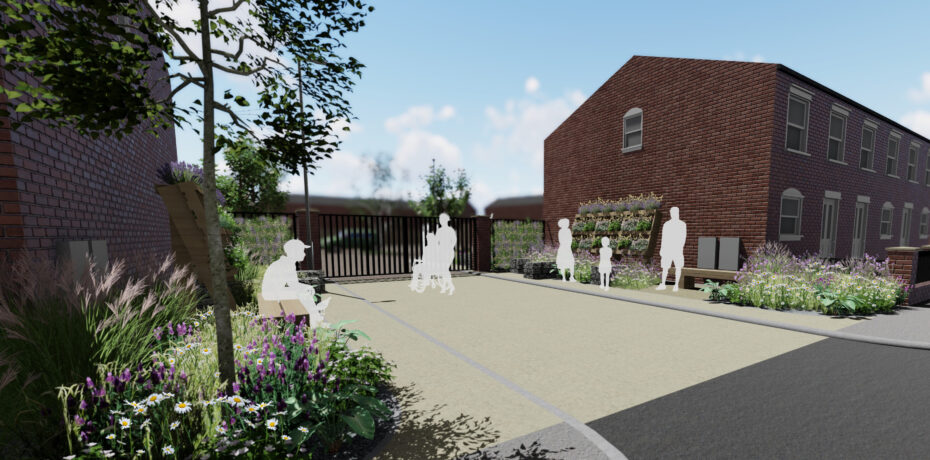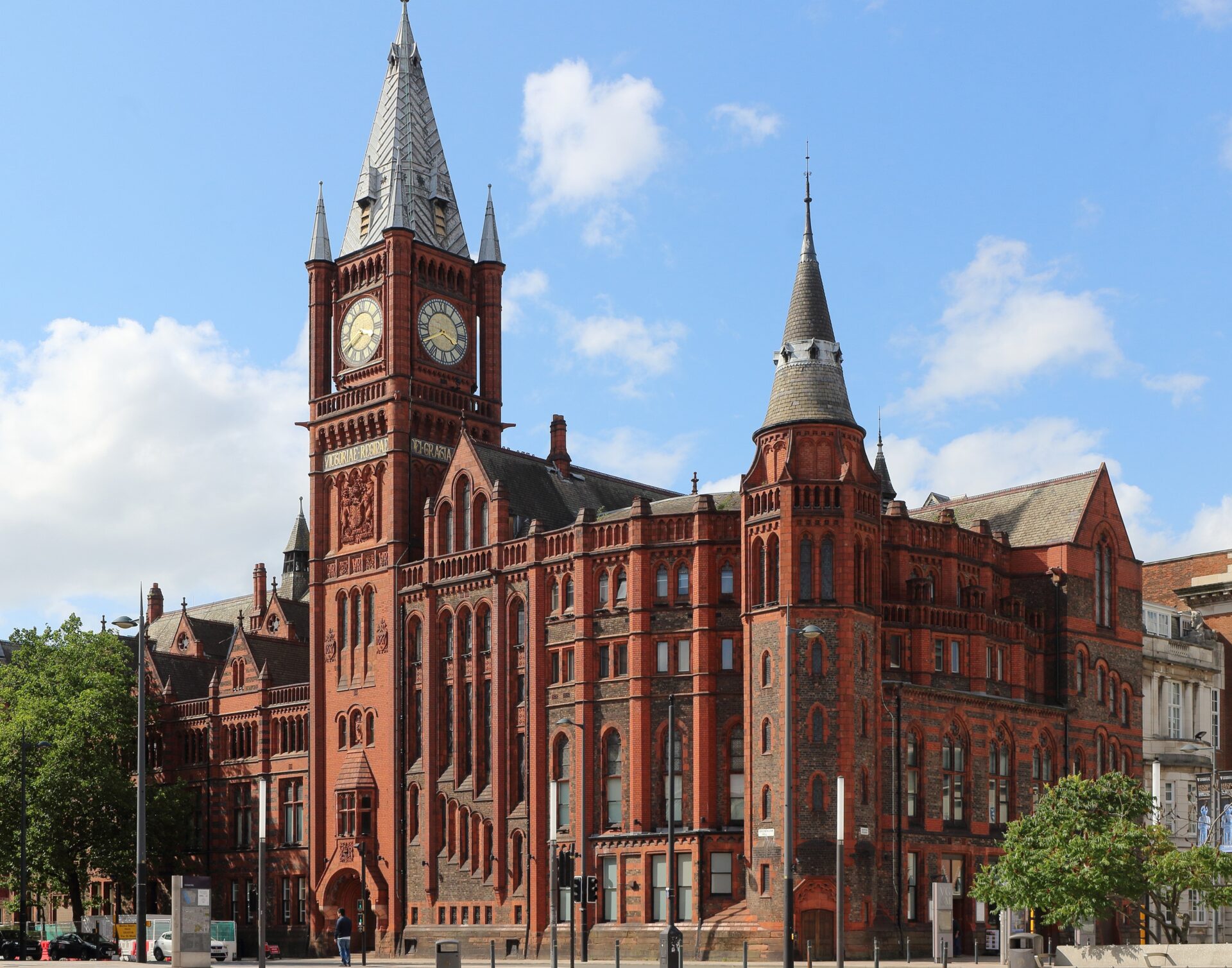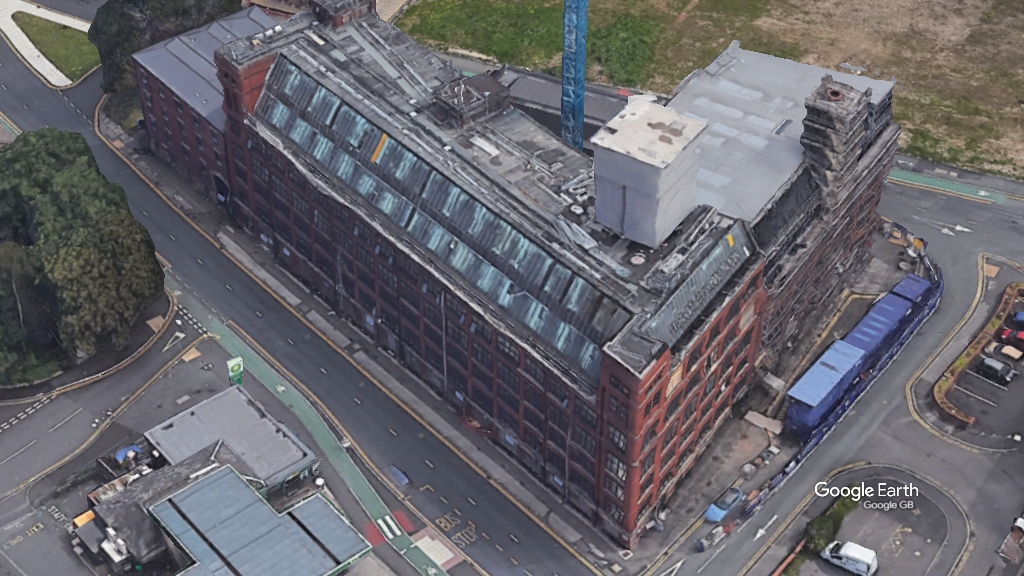Commentary
COMMENT | Civic spaces must work harder
 The Build Back Better campaign presents an opportunity to challenge the status quo, writes Tom Jonson of LUC.
The Build Back Better campaign presents an opportunity to challenge the status quo, writes Tom Jonson of LUC.
During the Covid-19 lockdown, we realised just how essential our connection with nature is for our health and wellbeing, and how deeply it is longed for once we are parted from it.
Cities are the engines that drive local and world economies, but often economic and social disparity is prevalent. Many city parks and green spaces are unimaginative, repetitive or purely cosmetic, lacking the basic elements that promote contact with nature.
However, by understanding the psychology of urban civic spaces and the inherent affinity people have with natural systems, cities offer an opportunity to bring people together and reconnect them with nature in a safe and secure environment.
What is more, as a result of Covid-19, we have a particular opportunity now to rethink how cities should function, given the likely shift away from the traditional use of everyday office space and the associated daily commute into cities, and the continuing decline of the high street.
We can adapt to try to resolve social disparities and mitigate the effects of ecological, social, climate and economic change. Building resilience to these emergencies will be even more critical as we move forward after the pandemic.
Bringing nature to our cities
Cities are reassessing the diverse roles that nature plays in the urban fabric, looking not only at protecting and enhancing existing natural environments, but at bringing new forms of nature into our urban areas for good.
All cities depend on healthy, interconnected natural systems. Nature also provides a wide range of benefits to people in terms of health and wellbeing.
Barcelona, for example, intends to provide one square metre of extra greenery per resident by 2030. This is equivalent to almost 400 acres of new green spaces in the city. In addition, the Barcelona Biodiversity Atlas tool provides information on Barcelona’s biodiversity, including its parks, gardens, plant species, street trees and nesting birds. Both these initiatives are aimed at ensuring inhabitants have greater access to green space, bringing them closer to natural habitats.
Access to green space in Britain’s towns and cities – which has been so crucial for mental and physical health during the lockdown – is often unevenly distributed, according to a study by the Bennett Institute for Public Policy this year. With travel restrictions imposed at the start of the pandemic, large parts of the UK’s urban population had limited or no access to any kind of green infrastructure, which was hugely detrimental to their health and wellbeing.
There is a clear need to address gaps in access to green open space, which should be integral to Britain’s ‘levelling up’ and economic recovery agendas post Covid-19.
Redressing the balance in Manchester
Our Manchester office is currently working pro-bono alongside The Manchester School of Architecture, the Masters of Landscape Architecture Programme, Manchester City Council and Hulme & St Mary’s Community Group to create a communal green space on a fragment of unused land at Heron Street in Hulme.
The project originated from students on the MLA course creating aspirational designs that transformed the street into a shared space for play and socialising through the introduction of rain gardens, green walls, traffic calming measures and functional planting. The designs were implemented as a temporary ‘Living Exhibition’ in 2019. As a result of the successful exhibition, stakeholders approached LUC to design and oversee the implementation of a permanent communal green space in the existing streetscape.
This small, but significant, enhancement to a nondescript fragment of land in Manchester city centre will show how green infrastructure can be introduced into urban areas in an achievable, sustainable way. Schemes like this help to rebalance the built and natural environments, improve health and wellbeing, increase biodiversity and energise communities.
Collaboration with local residents and stakeholders has created ownership of the project and resulted in a design that prioritises simplicity, sustainability and buildability, for example recycling redundant building materials and thus minimising materials being taken off-site to landfill. The proposals also allow the project to be implemented by local residents and students, without the need for multiple funding applications. The project will begin construction in late autumm.
The aftermath of Covid-19 presents an opportunity to rethink how we use and access our cities and mould the city landscape to reduce social disparity. It is important that everyone has access to meaningful civic spaces that contribute to their health and wellbeing, and provide tangible contact with nature.
- Tom Jonson is director of landscape architecture and urban design in LUC’s Manchester office. Get in touch: 0161 537 5962 / tom.jonson@landuse.co.uk




